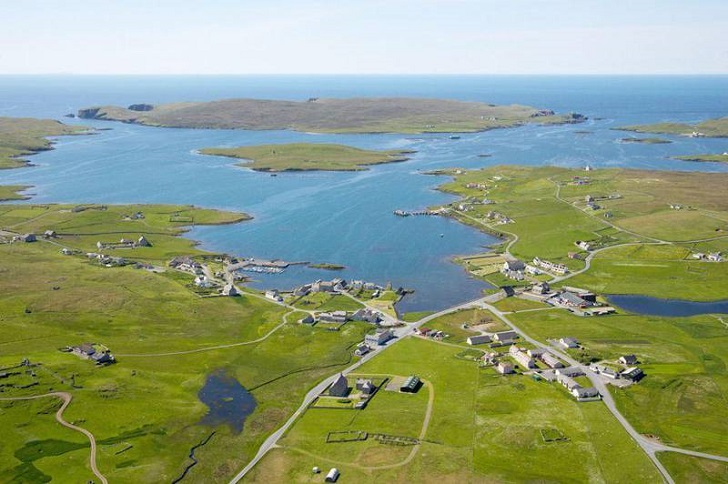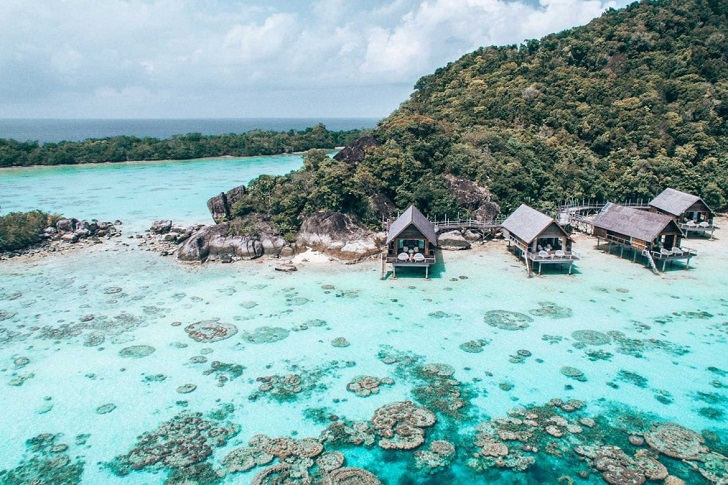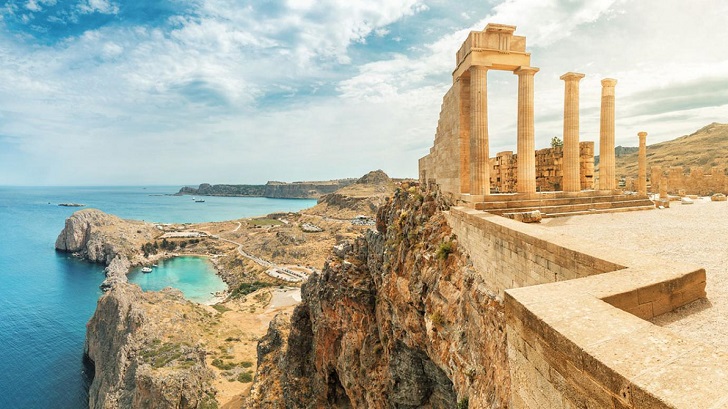Scotland is renowned for its breathtaking landscapes, rich history, and vibrant culture. It's no wonder that many people dream of owning their piece of this picturesque country, and for some, that dream extends to the possibility of buying an island. The idea of owning an island in Scotland may seem idyllic, but is it possible?
Island Ownership in Scotland
First and foremost, it's important to understand the legal framework surrounding island ownership in Scotland. In Scotland, all land is ultimately owned by the Crown, including islands. However, a system in place allows individuals to purchase the rights to use and occupy islands, known as a "crofting tenure" or a "feu tenure." This grants individuals long-term leasehold or ownership rights, subject to certain regulations and restrictions.

Vladi/ Getty Images | The process of acquiring an island can be complex
Availability of Islands
Scotland boasts many islands, ranging from small, uninhabited isles to larger, populated ones. The availability of islands for sale varies over time. Islands may come on the market due to private individuals seeking to sell their properties or estates, or they may be offered for sale by the government or local authorities.
It's worth noting that islands for sale in Scotland tend to be less common than in other countries, and the options available may be limited.
Pricing and Costs
The price of an island in Scotland can vary significantly based on factors such as size, location, accessibility, amenities, and potential for development. Smaller, uninhabited islands may be more affordable, while larger islands with existing infrastructure and amenities can command a higher price.
Considering the initial purchase price and ongoing costs such as maintenance, taxes, utilities, and potentially employing staff for caretaking and management is essential.

LAURA MCWHINNIE/ SHUTTERSTOCK | A bad day on an island is better than a good day anywhere else
Legal Considerations
Acquiring an island in Scotland involves navigating legal considerations. It's crucial to engage professional assistance, such as solicitors and land agents with expertise in Scottish property law, to guide you through the purchase process.
They can help with due diligence, title searches, and meeting all legal requirements. Additionally, restrictions on what can be done with the island may be restricted, mainly if it falls under specific conservation or protected areas.
Island Lifestyle and Practicality
Owning an island in Scotland is not just about the acquisition itself; it's also about the lifestyle and practical aspects that come with it. Considerations such as accessibility, transportation to and from the island, infrastructure, and available amenities need to be thoroughly assessed.
Depending on the island's remoteness, living on an island can present logistical challenges and additional costs for supplies, services, and emergency response.
Environmental and Conservation Responsibilities
Scotland's islands have unique and fragile ecosystems, often boasting diverse wildlife and habitats. As an island owner, there is a responsibility to protect and preserve the natural environment. This may include complying with environmental regulations, managing waste and resources sustainably, and respecting any protected species or habitats on the island.

LAURA MCWHINNIE/ SHUTTERSTOCK | Climate change has become a threat to cultural heritage
Community and Heritage Considerations
Many of Scotland's islands have a rich cultural heritage and vibrant communities. If you are considering purchasing an inhabited island, it's important to understand and respect the local community. Engaging with the island's residents, supporting local businesses, and contributing positively to the community can foster a harmonious relationship and enhance the island-living experience.




